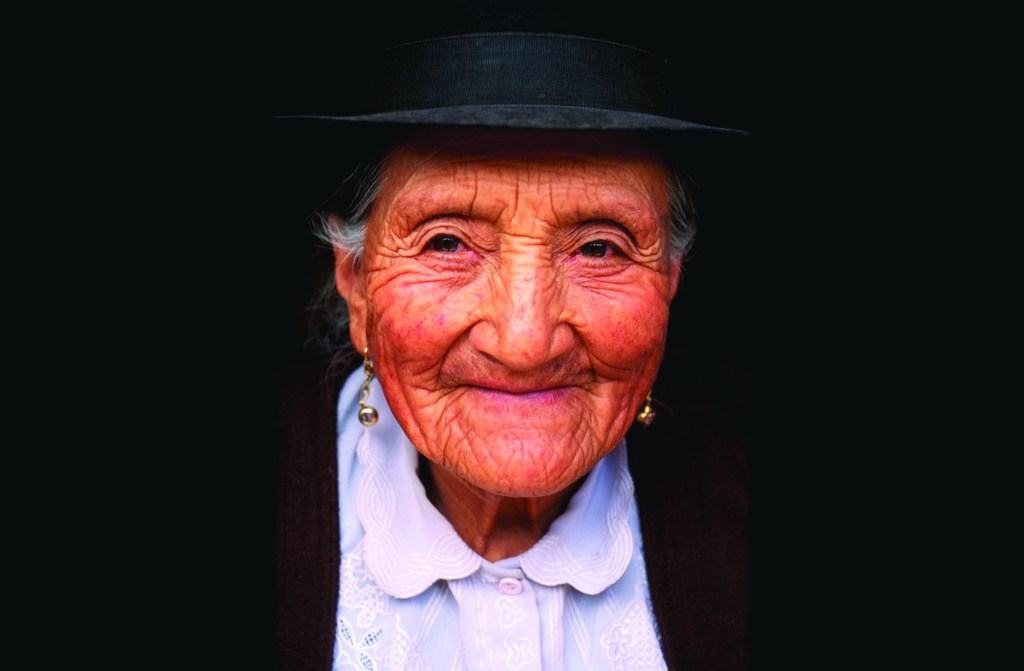About NACDA
ICPSR‘s “Aging” archive has been sharing and preserving data on aging populations since the late 1970’s/early 80’s.
NACDA is funded by the National Institute on Aging (NIA).
Our preferred contact method is email; please use ICPSR-help@umich.edu for any questions related to sharing data on aging, studies we host, or other concerns. Please note we generally operate business hours Monday-Friday; messages received over weekends will have delayed responses.
Advancing Research on Aging
- NACDA aims to advance research on aging by helping researchers to profit from the under-exploited potential of a broad range of datasets.
- We acquire, preserve, and share data relevant to gerontological research. We curate data and documentation to promote effective research use, facilitate data sharing across the research community, and provide data user support for our hosted data collections.
- By providing access to the largest library of electronic data on aging in the United States at no cost, NACDA offers opportunities for secondary analysis on major issues of scientific and policy relevance.
- NACDA consists of a team of professional researchers, archivists, data and metadata managers, and curators who work together to obtain, curate, share, and promote data relevant to aging research.

The Behavioral and Social Research Program at the National Institute on Aging supports Centers on the Demography of Aging at leading universities and policy organizations around the U.S. The purpose of the centers is to foster research in demography, economics and epidemiology of aging and to promote use of important datasets in the field.
Key activities of the Centers include the following:
- Workshops and Conferences
- Newsletters and Reports
- Web-Based Information and Resources
- Multi-Disciplinary Collaborations
- International Collaborations
- Research on Aging
- Pilot Projects on Innovative Topics
- Data Resource Development
- Statistical Enclaves for Sensitive Data
- Methodological Research
- Training Programs
Health disparities are associated with a broad, complex, and interrelated array of factors. Risk factors, diagnosis, progression, response to treatment, caregiving, and overall quality of life may be affected by race, ethnicity, gender, socioeconomic status, age, and other factors. Disparities in health status and medical care are most acutely experienced by the older population since they are at the highest risk for most diseases and disability. To eliminate health disparities, a widely established national priority, requires research that includes a special focus on the distribution of disease and disability between racial and ethnic groups in society.
The Resource Centers for Minority Aging Research (RCMAR) mission is to decrease health disparities by:
- Increasing the number of researchers who focus on the health of minority elders;
- Enhancing the diversity in the professional workforce by mentoring minority academic researchers for careers in minority elders health research;
- Improving recruitment and retention methods used to enlist minority elders in research studies;
- Creating culturally sensitive health measures that assess the health status of minority elders with greater precision; and,
- Increasing the effectiveness of interventions designed to improve their health and well-being.
- Claude D. Pepper Older Americans Independence Centers (OAIC)
- Nathan Shock Centers of Excellence in the Basic Biology of Aging
- Edward R. Roybal Centers for Translation Research in the Behavioral and Social Sciences of Aging
- John Hopkins Center on Aging and Health – Johns Hopkins University
- Alzheimer’s Disease Research Centers
- Center on the Demography and Economics of Aging NORC and University of Chicago